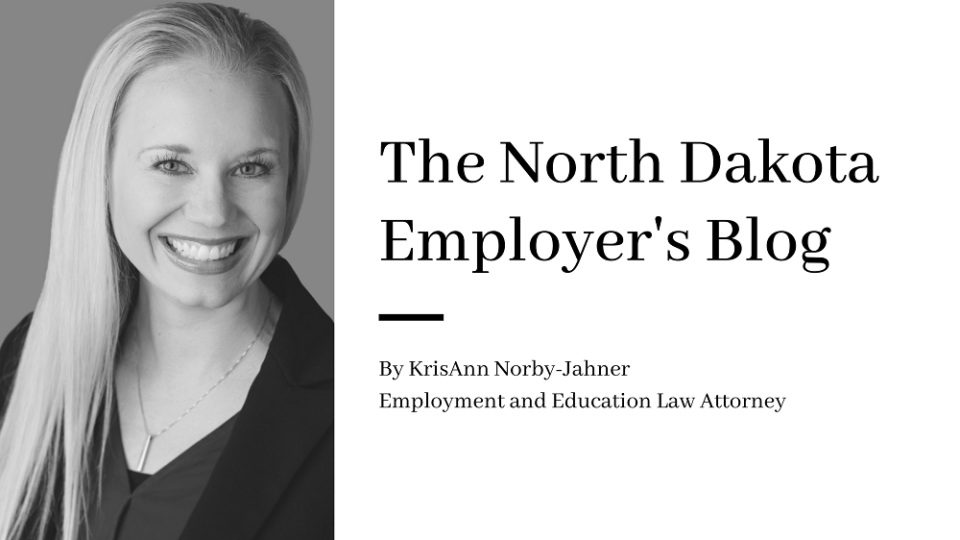
OSHA Vaccine-or-Testing ETS
On November 12, 2021, the Fifth Circuit Court of Appeals ordered that OSHA stay implementation and enforcement of its COVID-19 Vaccination and Testing Emergency Temporary Standard (“ETS”), which requires private employers with 100+ employees to have vaccine-or-testing policies. The ETS is stayed until an appellate court further reviews the pending ETS to determine whether OSHA had authority to issue the rule.
OSHA insists it will continue to defend its ETS while judicial review moves to this next step in the process, but it “has suspended activities related to the implementation and enforcement of the ETS pending future developments in the litigation.” The appellate court that ultimately issues a decision may end the stay or leave it in place. Employers subject to the OSHA ETS should continue preparing for compliance in the event the stay is lifted and compliance may be required under a short timeline.
State Law – Limitations on Vaccine Mandate and Documentation
In the meantime, also on November 11-12, 2021, the North Dakota legislature passed, and Governor Burgum reportedly sign into law, HB 1511 related to vaccine mandates and documentation with a number of implications affecting employers. Some highlights of the new law include the following:
- Exemptions: COVID-19 Vaccine Mandates. If an employer or contractor requires an employee, prospective employee, or independent contractor in N.D. to be vaccinated against COVID-19 as a condition of employment or a term of a contract, the employer or contractor must consider exemptions based on:
- proof of COVID-19 antibodies (valid for 6 months after antibody test);
- periodic COVID-19 tests;
- certificate from a licensed medical provider stating physical condition of individual is such that immunization would endanger life or health of individual; or
- certificate from the individual stating his/her religious, philosophical, or moral beliefs are opposed to such immunization.
These requirements do not apply to the extent an employer or independent contractor must comply with federal law, rules, or guidance relating to requirements for COVID-19 vaccinations.
- Prohibition Against: COVID-19 Documentation to Gain Access to Business or Service. A private business located in N.D. or doing business in N.D. may not require a patron, client, or customer to provide documentation regarding COVID-19 vaccination status; pathogens, antigens, or antibodies; or post-transmission recovery status to gain access to, entry upon, or services from the business (with exceptions for developmental disability residential facility or a health care provider, long-term care provider, basic care provider, or assisted living provider). A “private business” does not include a nonprofit entity that does not sell a product or service. This prohibition is not applicable during a public health disaster or emergency as declared under applicable state law.
- Prohibition Against: State Government/Political Subdivision COVID-19 Documentation Requirements. Neither a state government entity nor any of its political subdivisions, agents, or assigns may require a private business to obtain documentation regarding COVID-19 vaccination status; pathogens, antigens, or antibodies; or post-transmission recovery status (with exceptions for department of corrections and rehabilitation, correction facilities, the state hospital, a public health unit, the state board of higher education, the university system, or institutions under the control of the state board of higher education). This prohibition is not applicable during a public health disaster or emergency as declared under applicable state law.
This new state law will go into effect upon its filing with the Secretary of State, which is anticipated to occur in the upcoming days.
Where do N.D. employers go from here?
Employers subject to the OSHA ETS should continue preparing for compliance in the event the court lifts the stay. If the stay is lifted, it supersedes the state law requirements identified above for those large employers. If the stay is not lifted, these large employers should work closely with legal counsel to review their policies and ensure compliance with the state law requirements. Small employers not subject to the OSHA ETS should also work with legal counsel to review any policies in place related to COVID-19 and mandatory vaccination, documentation, and exemption considerations.
Note that employers subject to the federal contractor/subcontractor order and the new CMS rule, both requiring mandatory COVID-19 vaccination policies (without testing options), should continue to move forward with compliance based on those individual federal regulations. As discussed in our previous blogs, employers should consider exemption requests under federal regulations for those individuals with documented medical conditions (under the ADA) and sincerely-held religious beliefs (under Title VII).
